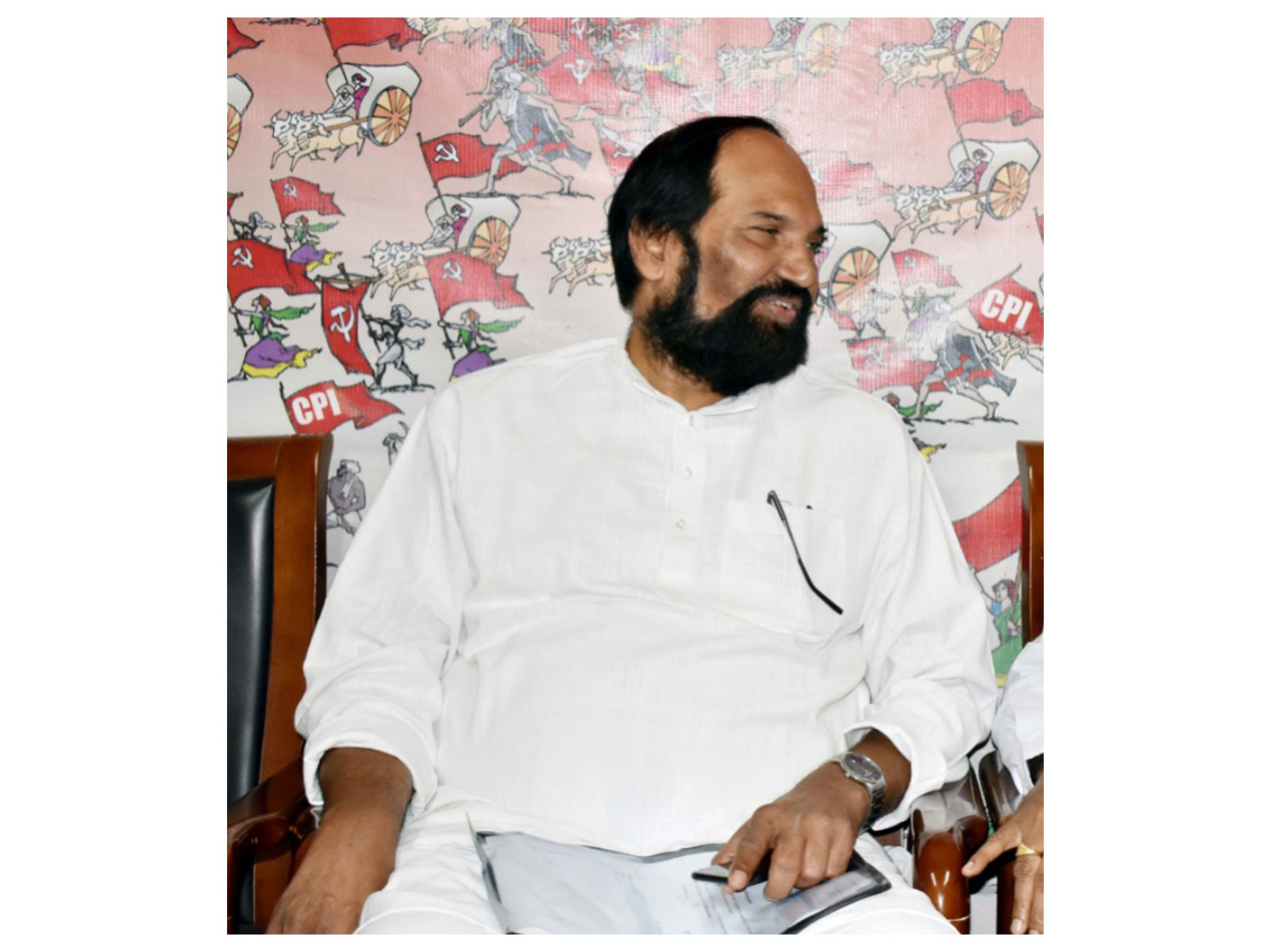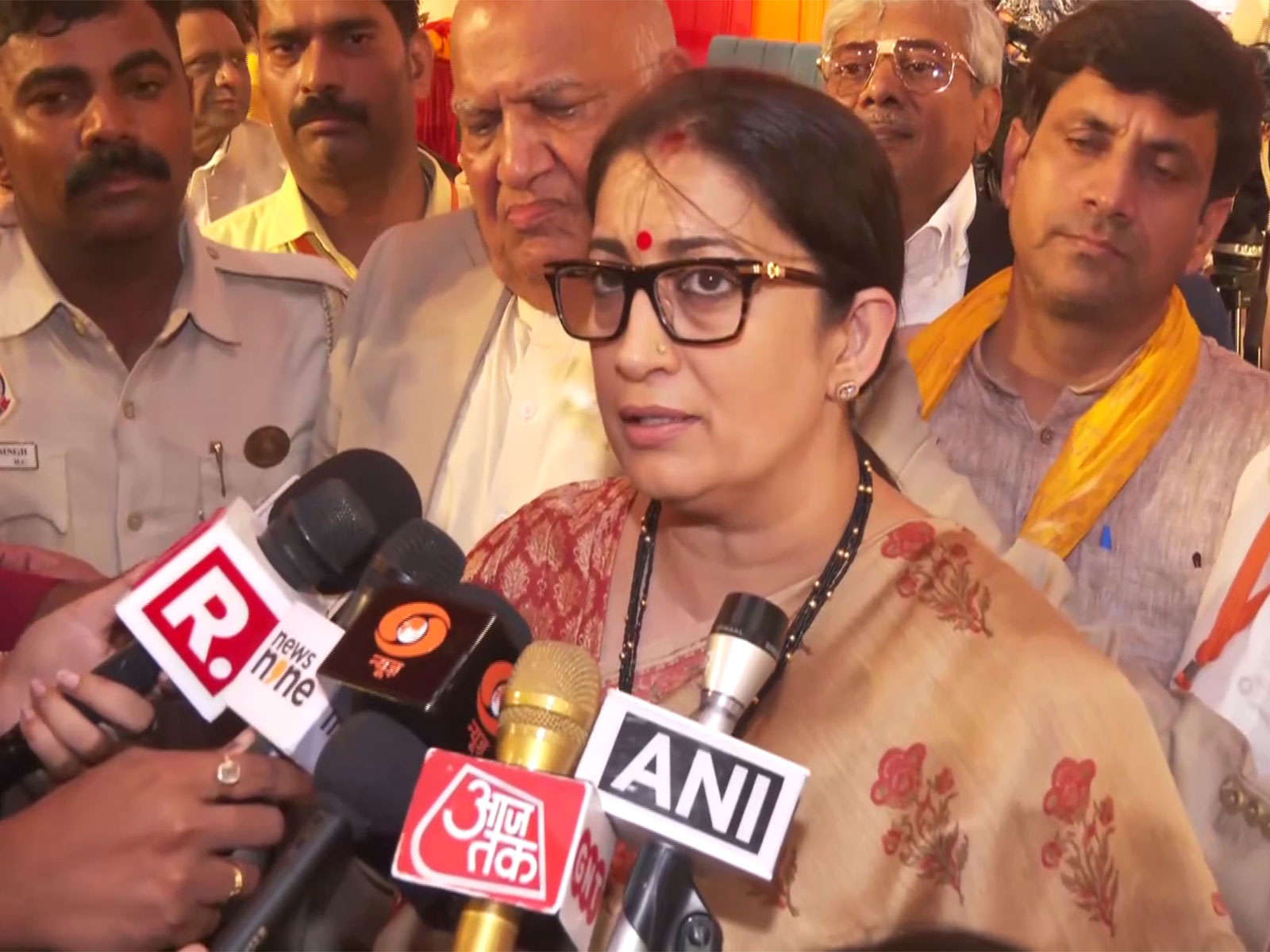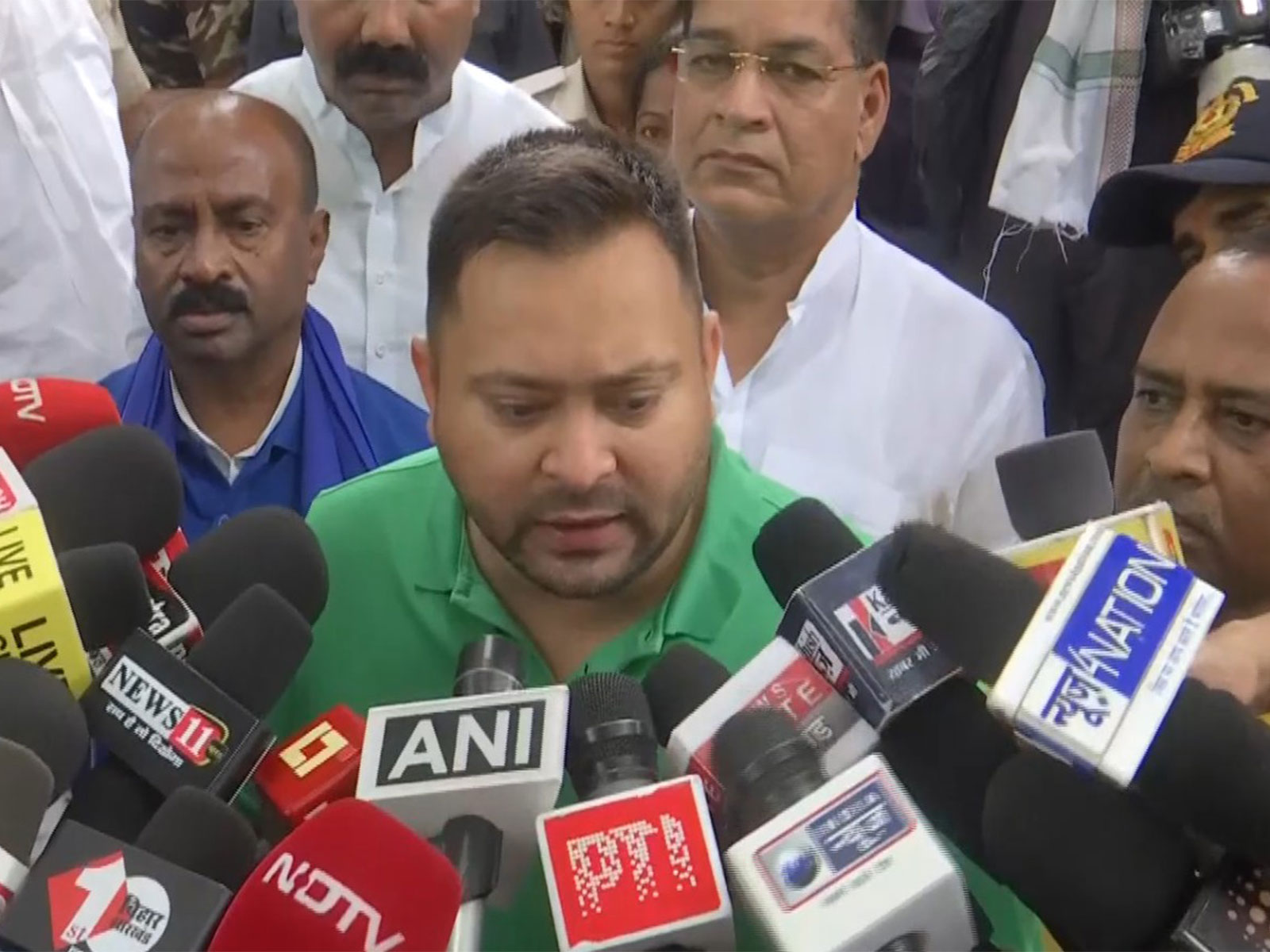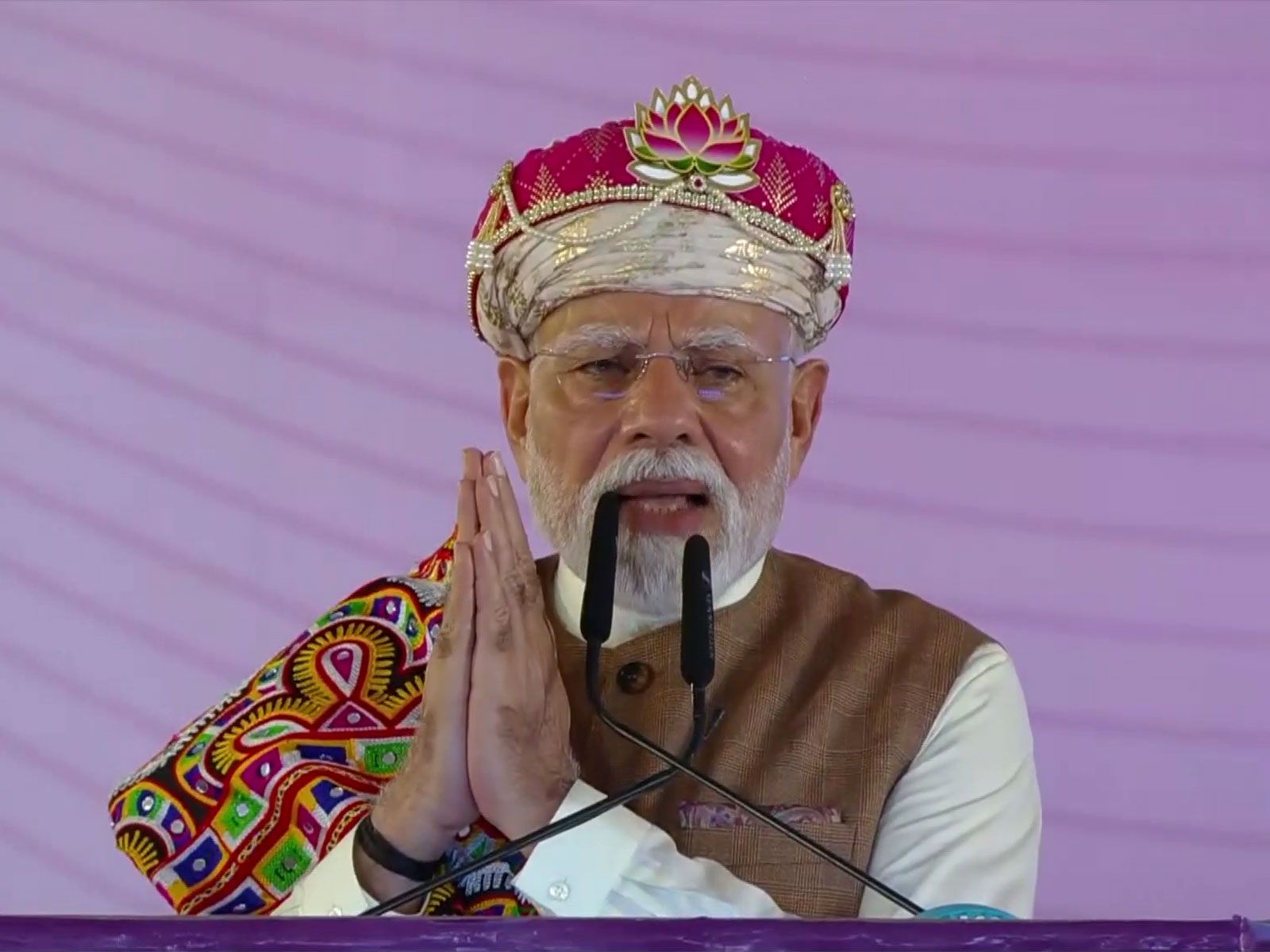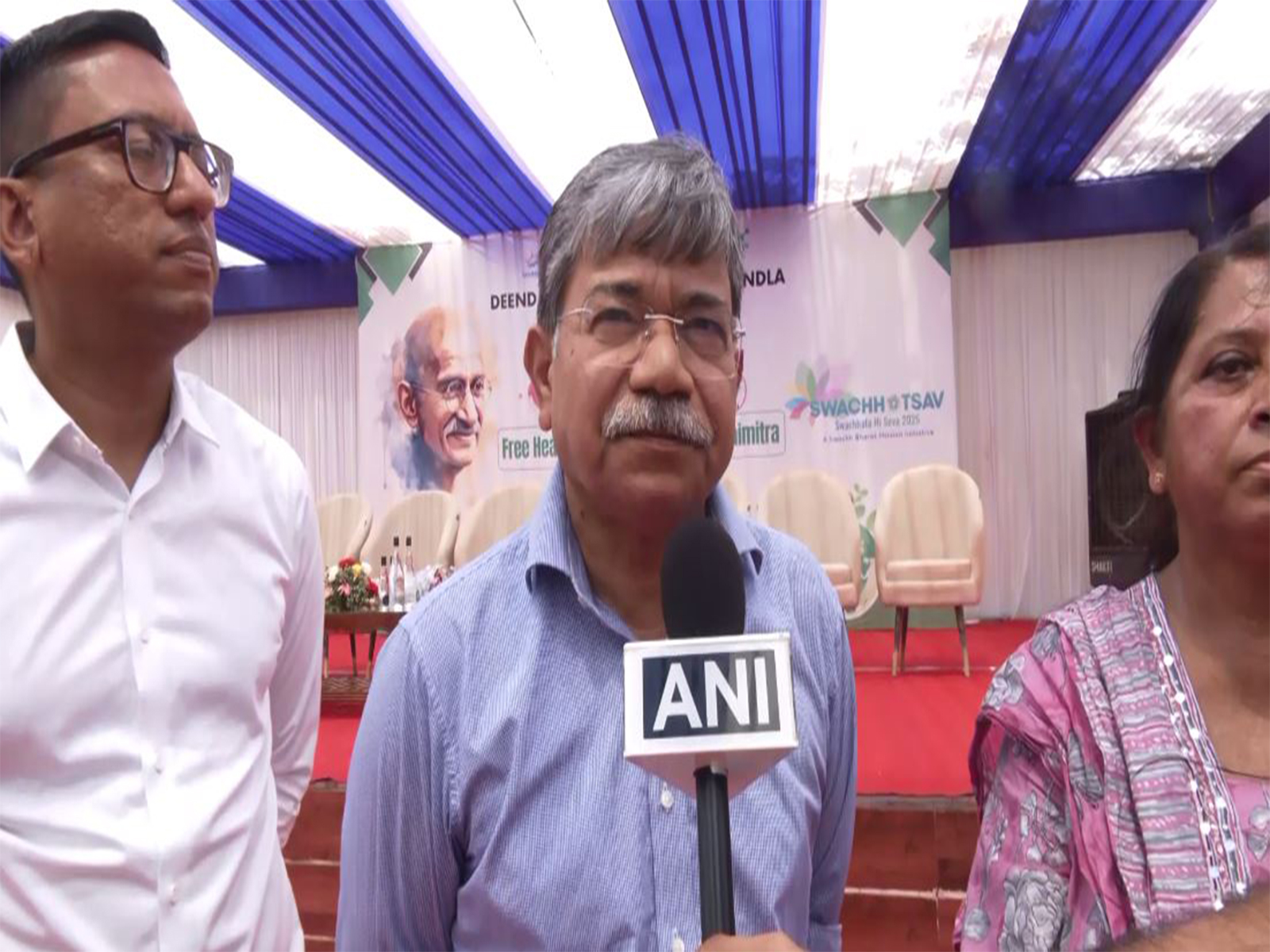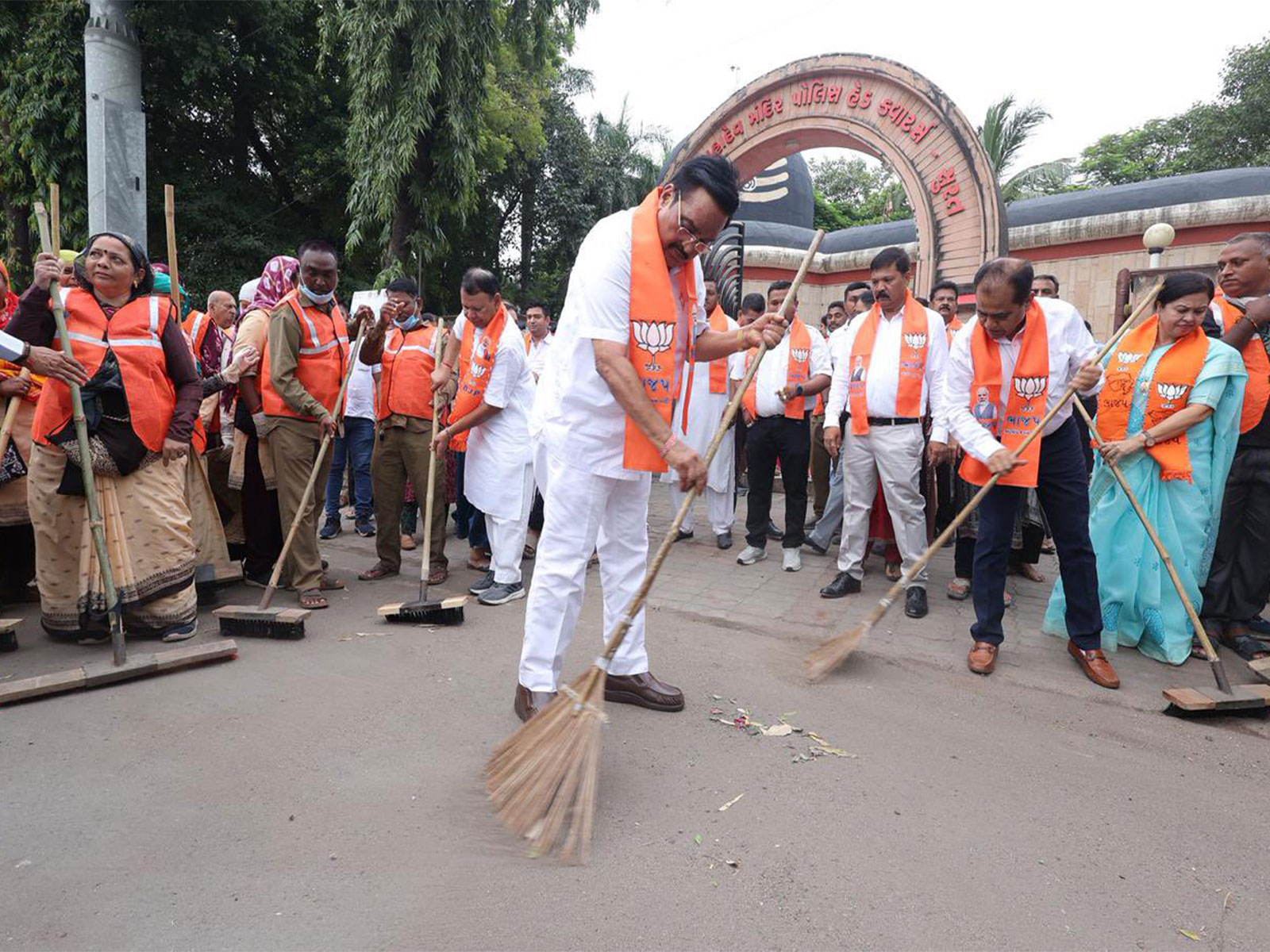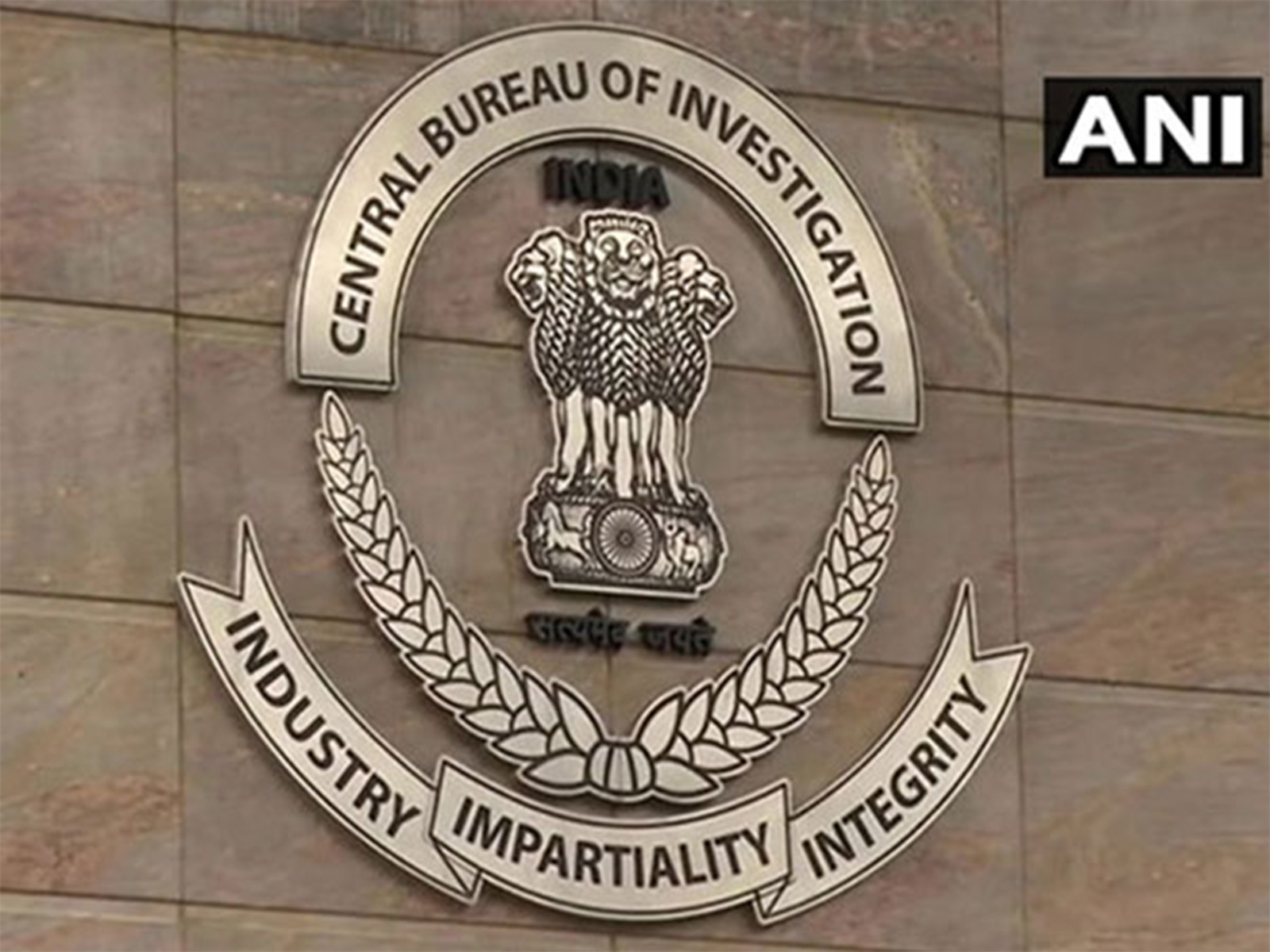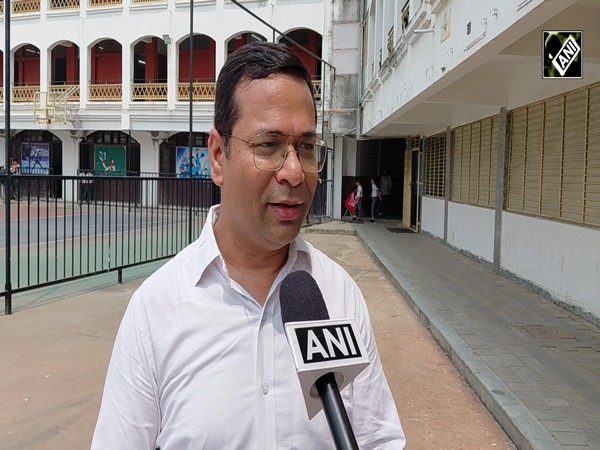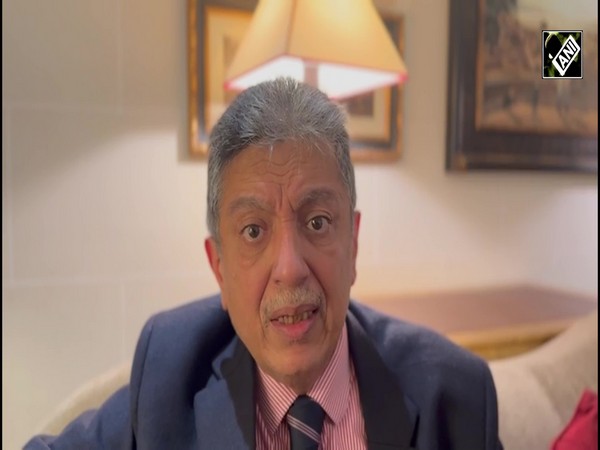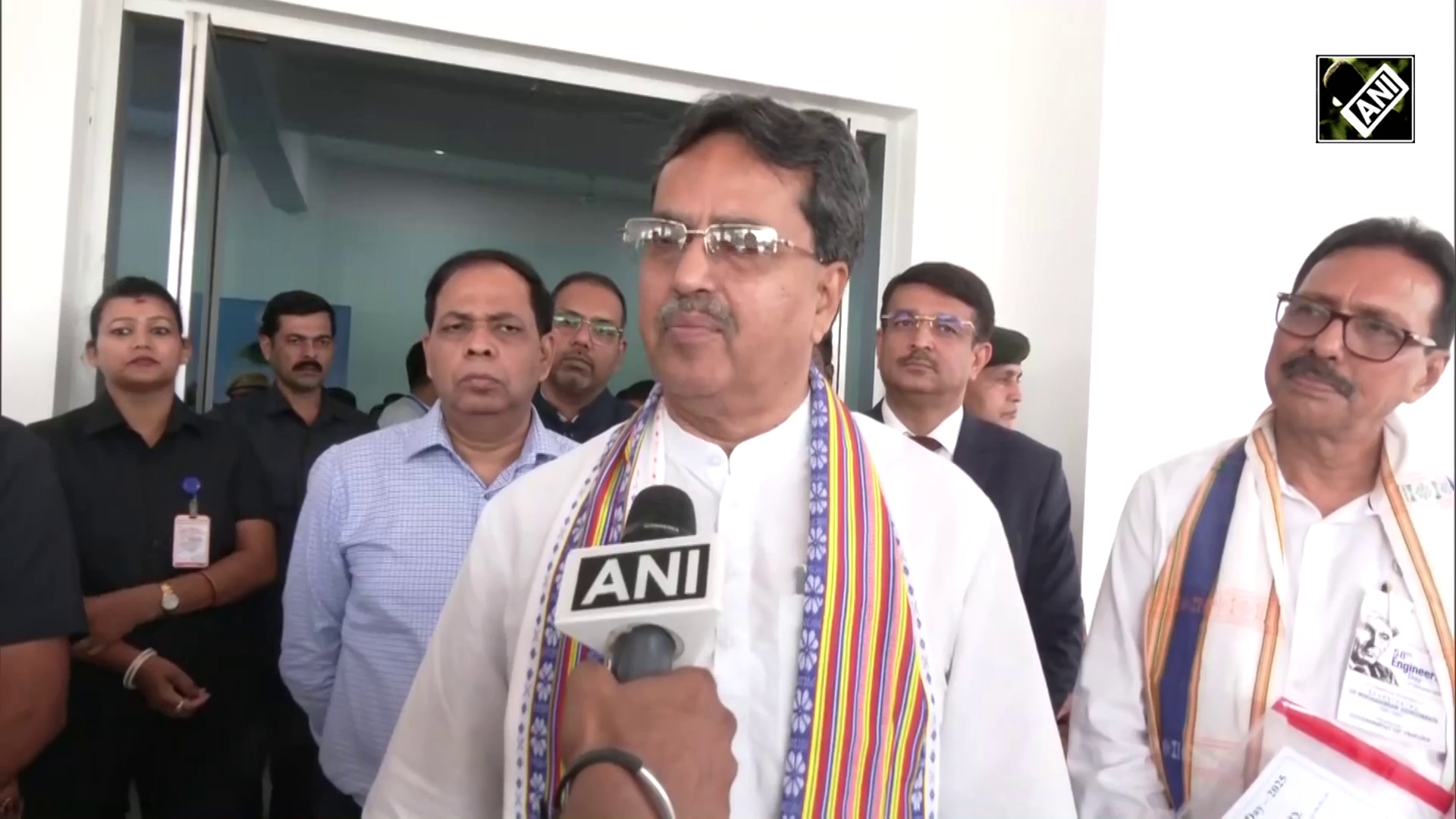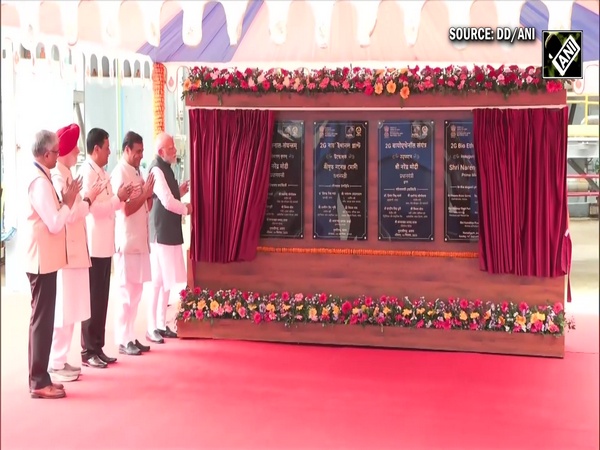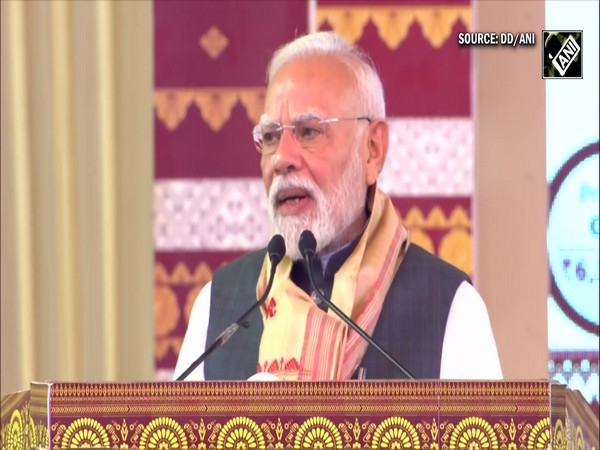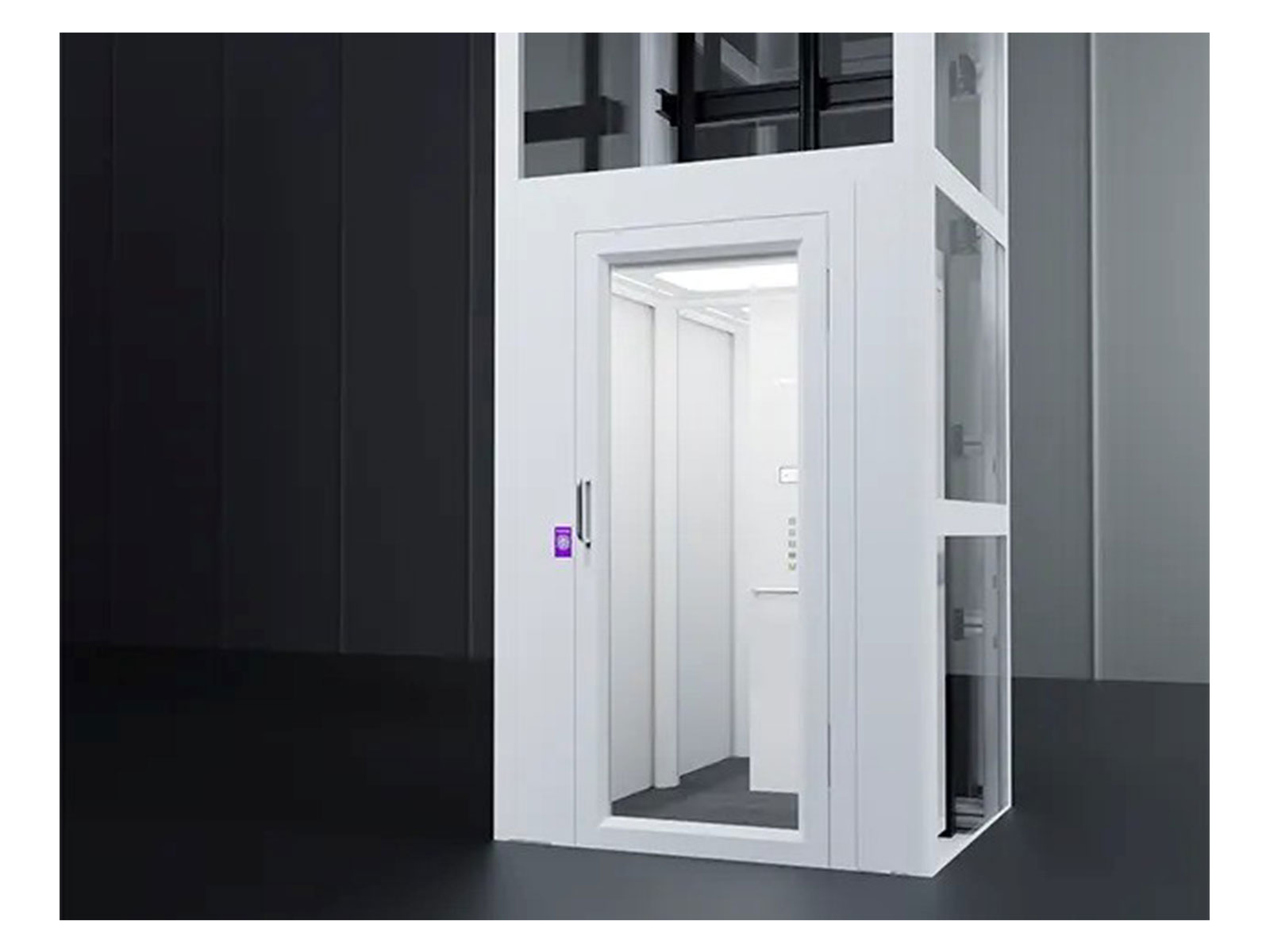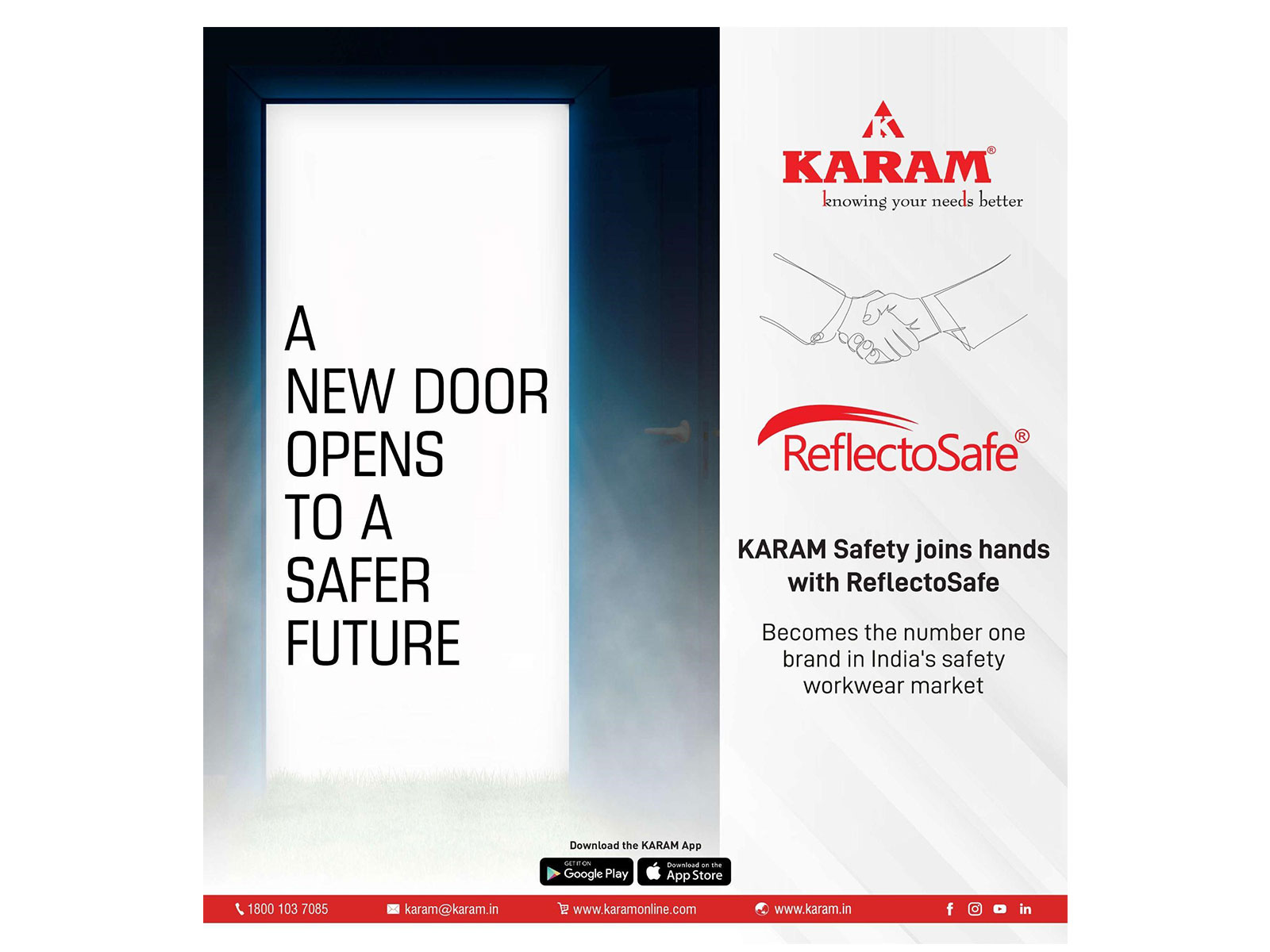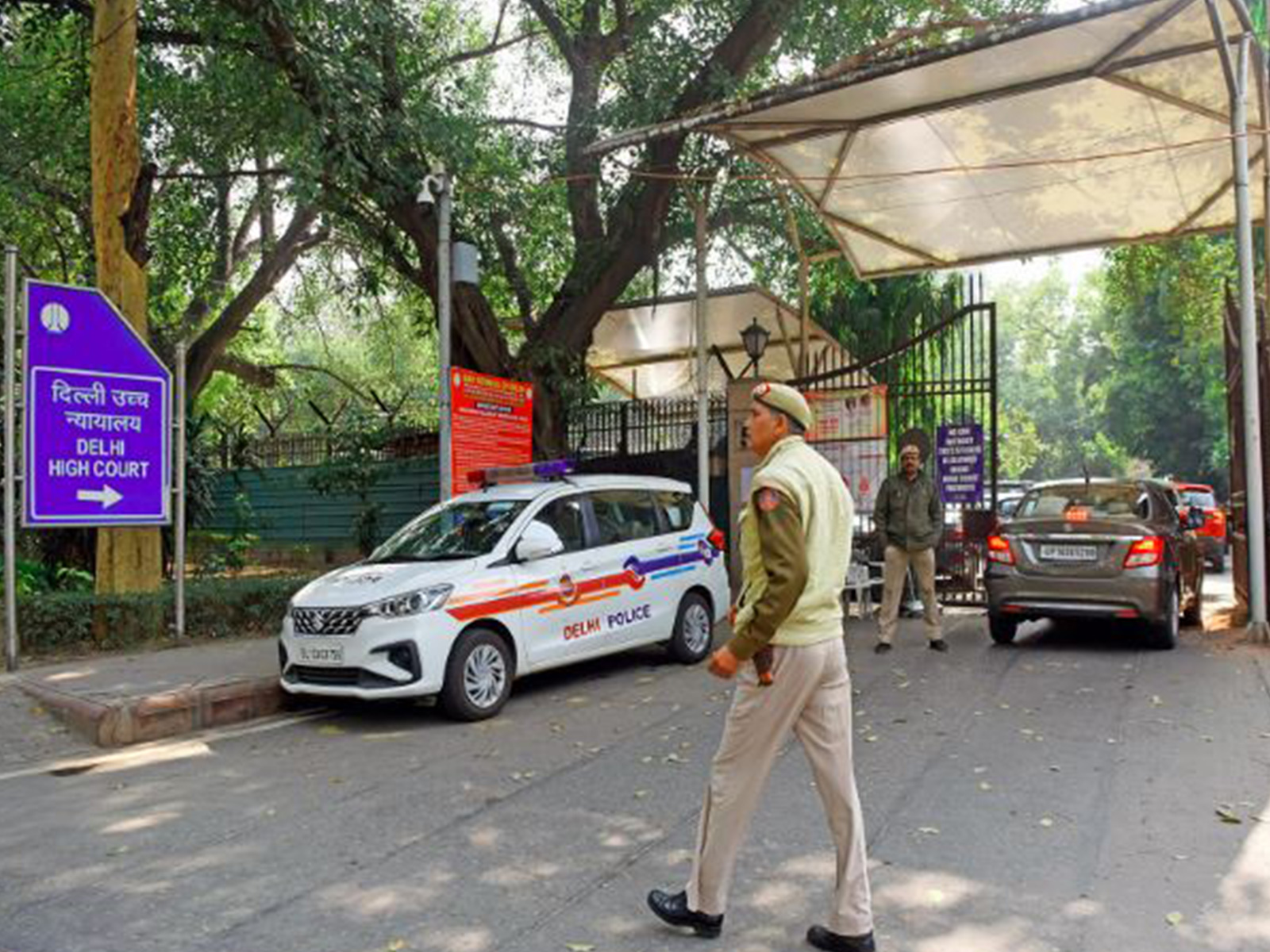
Delhi HC upholds property tax on star hotels, dismisses pleas on arbitrariness
Sep 17, 2025
New Delhi [India], September 17 : The Delhi High Court has upheld the validity of the Municipal Corporation of Delhi's (MCD) decision to impose higher property tax on hotels classified as three-star and above, rejecting the contention that such classification was arbitrary or violative of Article 14 of the Constitution.
The petitioners, including several hotel associations, had challenged the levy of a uniform Use Factor (UF-10) and the maximum 20 per cent tax rate, arguing that the classification of hotels on the basis of voluntary star ratings lacked statutory backing and unfairly burdened establishments offering similar municipal service usage.
The Court, however, disagreed and noted that the star-rating system developed by the Ministry of Tourism (MoT) provides an intelligible and rational basis for distinguishing between hotels.
Starred hotels, the bench observed, voluntarily situate themselves in the premium segment of the hospitality industry, offering luxury services such as banquet halls, spas, fine dining, and concierge facilities.
"The imposition of a higher property tax on such establishments cannot be construed as arbitrary, particularly in light of the economic profile of the clientele they cater to," the court remarked.
The Court further emphasised that taxation is designed to equitably distribute the fiscal burden, ensuring that those with greater capacity to pay contribute proportionately to public revenue.
It rejected the argument that voluntary star accreditation should absolve hotels of higher obligations, holding that once establishments had availed themselves of the reputational and market benefits of star certification, they could not deny its implications for taxation.
On the question of including basements, stilts, and other non-FAR or non-revenue spaces within "covered space" for tax calculation, the Court upheld the MCD's position.
It ruled that property valuation must reflect the entirety of a building's enclosed space, not just revenue-generating areas, as ancillary spaces like basements and service areas are integral to the functioning and income potential of hotels.
Addressing concerns regarding the role of the Municipal Valuation Committee (MVC), the Court found that its recommendations were in line with statutory guidelines under the Delhi Municipal Corporation (DMC) Act.
The MVC's use of factors such as the nature of the building and its economic use were held to be legitimate parameters for classification.
The Court declared the classification of hotels based on star ratings and the consequent higher property tax constitutionally valid, affirming that the regime bears a rational nexus with the legislative objective of equitable revenue distribution.

